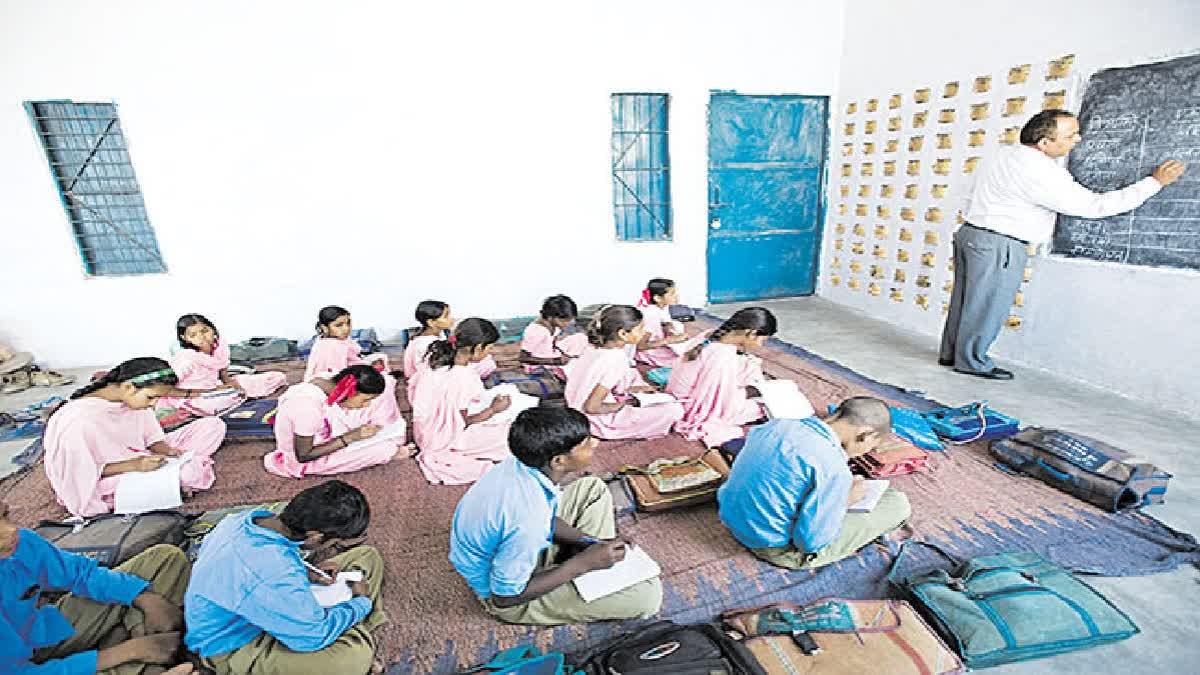Hyderabad: Telangana has earned dubious distinction, ranking third in the country for the number of schools without a single student. According to the Unified District Information System for Education (UDISE) 2023-24 report, 2,097 government and private schools in the state operate with zero student enrollment, followed by West Bengal (3,254) and Rajasthan (2,167).
The report, released by the Union Education Ministry, paints a concerning picture of the education landscape in Telangana and across the country. With a total of 12,954 "zero-student schools" nationwide, Telangana accounts for a significant share, highlighting inefficiencies and underutilisation in its education system.
The Numbers Speak
Zero-student schools: Telangana has 2,097, up from 1,672 in 2022-23.
Single-teacher schools: Ranked ninth nationwide, Telangana has 5,985 such schools, with 88,429 students currently enrolled.
Schools with fewer than 10 students: 11.6% of schools fall into this category, far above the national average of 4.6%.
Statewide Snapshot
Total schools: 42,901 government, aided and private schools, averaging 170 students and eight teachers per school.
Class one enrollment: Of the 6.06 lakh students admitted, only 1.97 lakh joined government schools, while 4.01 lakh came from preschool backgrounds like LKG and UKG.
Special needs infrastructure: Telangana has only 3,072 toilets for children with special needs, a meagre 7.2% compared to the national average of 17.5%.
Impact of Zero-Student Schools
The existence of schools without students doesn’t mean teachers are idle. Nearly, 2,000 teachers from these schools have been deputed to nearby institutions. However, this reflects systemic challenges in resource allocation and policy implementation.
What’s Driving These Numbers?
Changing demographics: Migration, urbanisation and declining birth rates in rural areas contribute to shrinking enrollments.
Preference for private education: More parents are opting for private schools, citing better infrastructure and quality of education.
Policy adjustments: The inclusion of data as per the National Education Policy (NEP) 2020 highlights previously underreported issues.
A Wake-Up Call
Telangana’s education department must address these alarming statistics by:
Consolidating under-enrolled schools to optimise resources.
Improving infrastructure and amenities, particularly for students with special needs.
Enhancing the quality of education in government schools to regain public trust.
The UDISE report is a stark reminder that education reform is not just about numbers, but about ensuring every child has access to quality learning opportunities. The challenge now lies in turning these statistics into actionable strategies for meaningful change.
Read more: A School With Just One Student And Lone Teacher In Telangana



